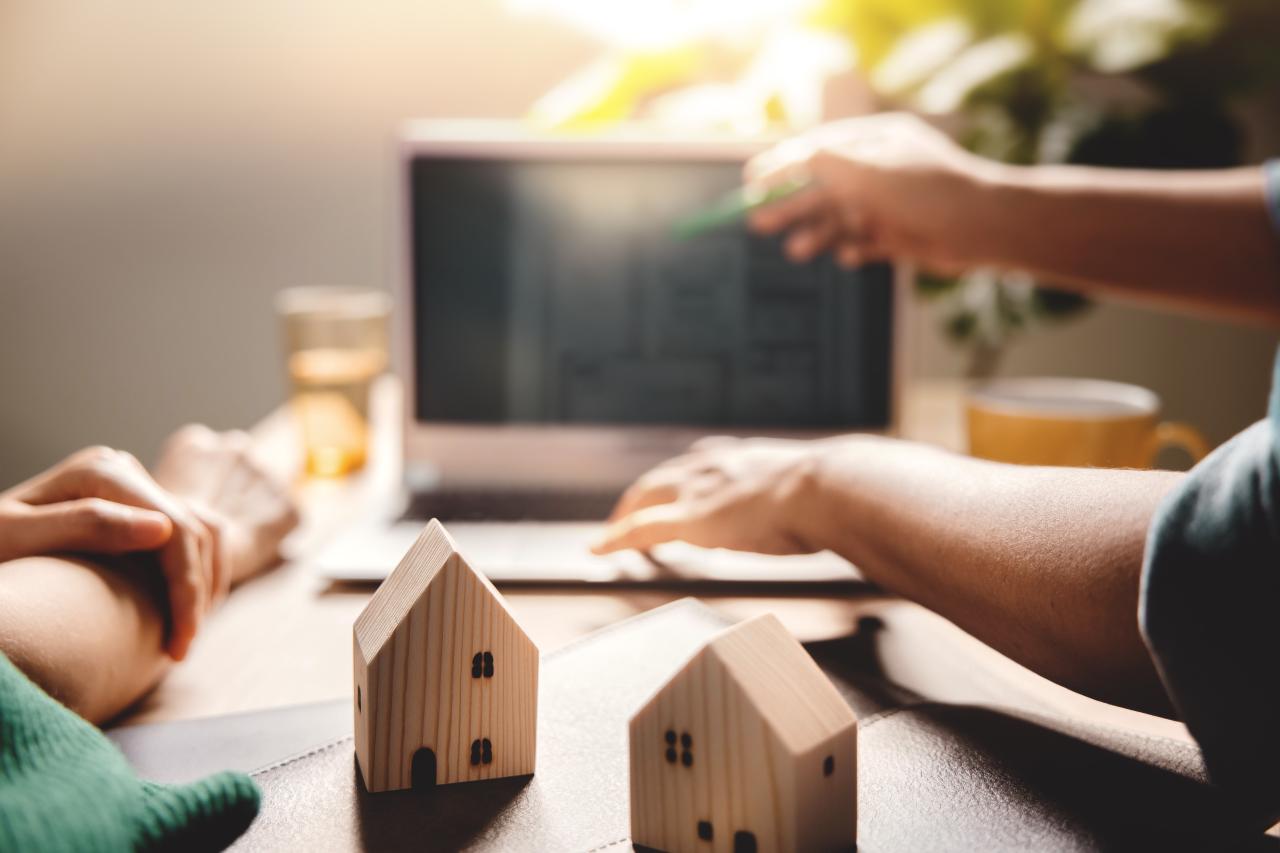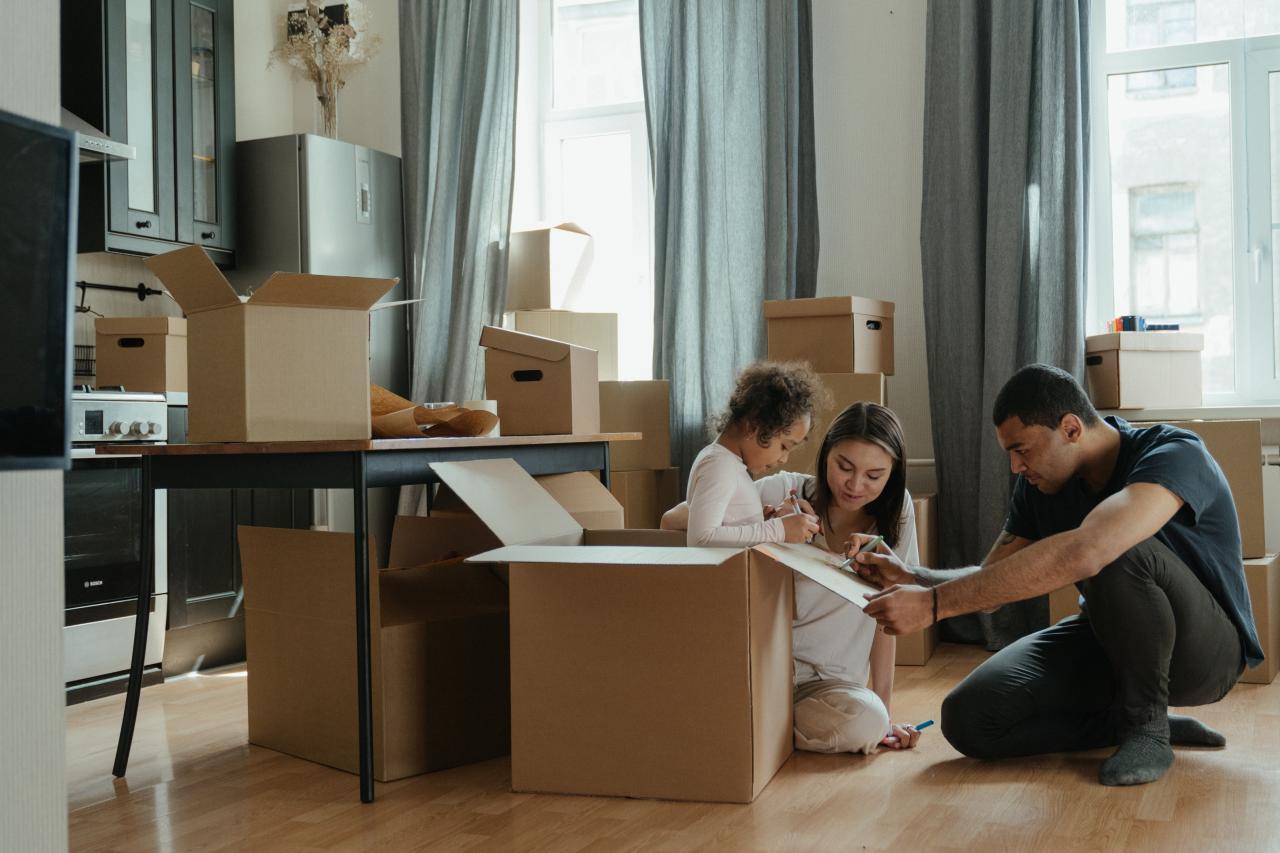
Briefs
Improving CRA could help older tenants in the private rental market
Life course changes associated with older age such as widowhood, disability and frailty suggest a need for a range of rental housing options. These include a private rental sector (PRS) that can support older tenants living in the general community, as well as options such as communal self-contained living spaces that provide some level of companionship, practical support and assistance with daily living, through to facilities that combine health care, personal care and accommodation.
Public Private Partnerships to develop affordable housing
Australia's affordable housing industry, where community housing providers (CHPs) supply affordable rental housing to households on low incomes, has, up to now, been modest and small scale. In order to expand so as to supply the large numbers of lower income households currently on waiting lists for public and community housing, the industry will need access to a large scale, dependable and sustainable source of finance that is available at an appropriate interest rate.
Can welfare reform really give consumers housing choice?
In countries such as the UK, the USA and Denmark there have been moves towards more individualised packages of support for people who require assistance due to older age, disabilities, homelessness, health issues and a range of other vulnerabilities. The aims are to give people greater control over their own lives; promote personal responsibility; develop a diverse range of services which can meet needs in a more customised way; diversify service provision through the involvement of a range of private and not-for-profit providers; and make government assistance more cost-effective.
Why does Australia have a rental crisis, and what can be done about it?
Australia is experiencing a period of very low rental vacancy rates and rising rent levels, which has led to what is widely recognised as a ‘rental crisis’. Indeed, the national rental vacancy rate (i.e. the percentage of untenanted rental properties against all rental properties) was at 0.9 per cent in September 2022, the lowest since April 2006 (when it was 0.8% for one month). This very low vacancy rate has been sustained for most of 2022, a situation not seen in the last 20 years.
State and Territory government rental support schemes
All Australian states and territories offer a number of different Rent Assistance schemes to help low-income households in the private rental market. This assistance may help with affordability directly, such as through relocation assistance, or with helping households to find, apply for, move into and maintain a rental tenancy.





